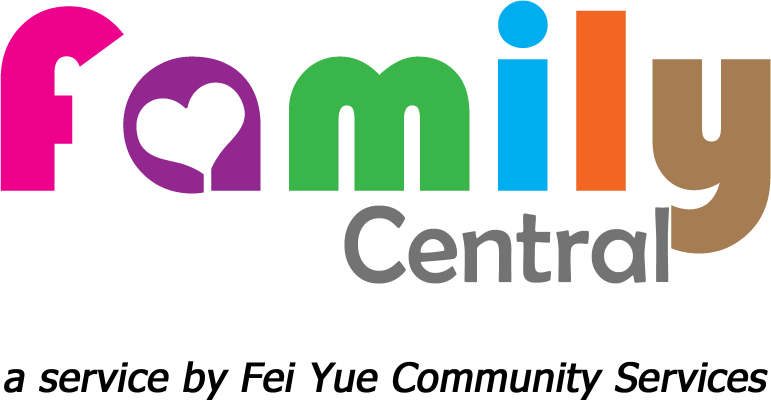How to Discover Your Own Family Stories (Part II of a 2-part article)

For families who don’t have the tradition of sharing family stories, it may be a challenge to find such stories. For one, engaging in a shared activity will give you and your family many opportunities to do so. Here are some suggestions to get you started:
1. Visiting childhood neighbourhoods
Take your children on a walk around your childhood neighbourhood. You can take them to your favourite shop or food stall. When enjoying the food together, you can relate a story or two of your childhood experiences. You may also take a trip to your alma mater and show your children where you hung out with your friends.
Both my parents grew up in Chinatown. Hence, one of my family’s favourite activities is to take a walk around Chinatown. Visiting some places would trigger my parents’ memories and they would share stories of their youth with all of us, including the grandchildren. We often end up convening at Mei Heong Yuen (味香园), a traditional dessert shop where we would enjoy hearing more stories from them over dessert.
2. Cooking a family recipe together
Often, a family dish is a treasure trove for family stories as there are many questions that can be asked. Who first made this dish? Why was it made? On what occasions was the dish enjoyed? Was there a time the dish was not cooked? Was the dish improved over time?
3. Using old photographs/heirlooms
Family heirlooms are a great way to share the family’s history. How did the heirloom come about and who had possession of it? To whom was it passed down?
Heirlooms need not be expensive things. They can even be a practical tool used by a family member. For example, my grandfather was a tailor. When he retired, he kept his tools of trade. My children were amazed when I showed them the curved rulers he had used. It was an opportunity to tell them stories about my grandfather, whom they had never met.
Photographs of a family outing or a celebration is another good way to trigger memories. They are also a great way to introduce family members whom your children may not have seen.
My husband still has his old report book from his primary school days and my children have great fun comparing their father’s report book against their own. He would also tell interesting stories of his primary school teachers. These stories were always well-received by my children as they can relate to the experiences as well.
4. Play games together
There are many games that can help trigger memories or stories. They could be purchased, or you could make your own. Here is one game you can easily make on your own at little cost.
Write these story prompts on pieces of paper. Then fold the prompts and place them in a box or bag. Take turns to draw a prompt from the box or bag. Each family member is to share a story using the prompt. Below is just a sample of what you can use. You may add to this list:
Can you remember a time when you got into trouble for something you had already been told not to do? |
Can you remember a birthday or a holiday you would like (or not like) to live over again? |
Tell us of your favourite childhood store. |
Tell us what school was like during one of your favourite school years. |
Tell us about an interesting or unusual neighbour. |
Tell us about a person whom you wanted to be like when you were growing up. |
